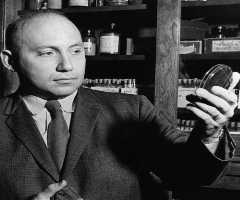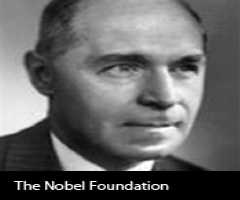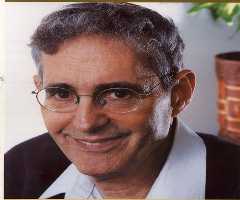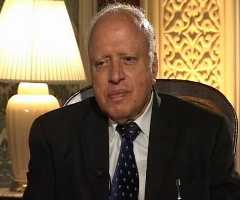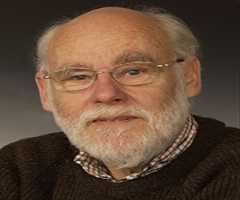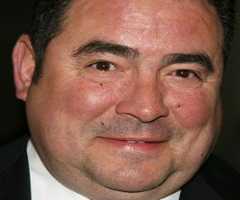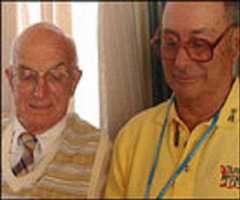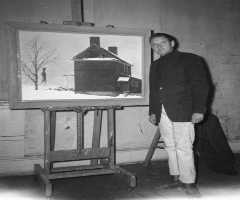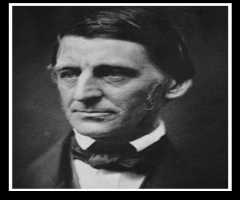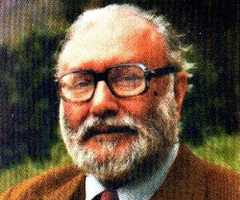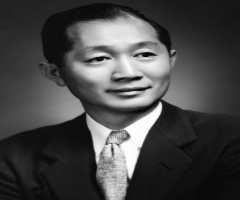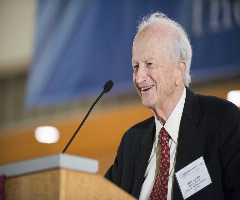
Birth Place : Bradford, Massachusetts, United States of America
Died On : June 6, 1996
Zodiac Sign : Sagittarius
George D. Snell Biography, Life, Interesting Facts
A geneticist takes the time to study and explore different variations of genetics that plays a significant role in either an animal or a plant. George D. Snell rose to fame as an American geneticist who had excellent knowledge of immune systems including allergies. Before coming up with his results, he had to make sure that he has fully understood an individual’s medical history and current condition. His notable work made him garner a Nobel Prize in the field of Psychology.
Snell’s Personality
George Snell was highly known as a daring and intelligent persona. From his teenage life, he learned to let go of the past, but future was his next of kin. He loved to think first before uttering any word; a personality that perfectly rhymed with his career. People defined him as a sensitive man, but he carried undefined bravery.
Above all, Snell wasn’t afraid of expressing his inner feelings; he loved to socialize as well as making new friends. When faced with several setbacks he revealed his real personality with determination and not defeat. That is why he loved to embrace his potential, and in the end, he proved that success is meant for the real hard workers.
Childhood and Early Life
On December 19, 1903, George Davis Snell was first seen in the world in Bradford, Massachusetts, in the US. His protective father served as YMCA secretary who also fathered two children before Davis was born. His family went to live in Brookline when Davis was four years old. It was in Brookline that he finished his education where he got interested in both science and mathematics. At his free time, he loved to read different collections of books in physics and astronomy department. He also loved to play football and baseball.
In the mid of 1922, George Snell joined Dartmouth College where he received his first bachelor’s degree in Biology. It was still here that he took genetics course as a part-time where he later got interested in the said subject. He then joined Harvard University to further his knowledge in the genetic field. With the help of incredible geneticists, Snell garnered a Ph.D. in genetics in 1930.
Career
George Snell aka the Father of Immunogenetics commenced his first career at Brown University where he worked as a teacher for one year. In the mid of 1931, he received a National Research Council Fellowship. In the process, he undertook doctoral research at the University of Texas. After three years, he was positioned at Washington State University as an assistant professor. Although he worked for a year, he got another job at Jackson Laboratory in Maine as a professor.
In the mid of 1940, Snell took the time to study the mating process in mice or rats. He also researched the heredity of transplantation. He then partnered with another immunologist called Peter Gorer where they conducted research that gave birth to the modification of H-2 gene in rats.
This work paved the way for more advanced discovery that was named as histocompatibility. It is a study of different genes that allows a geneticist to see whether one graft is compatible with the other. This is what led to organ transplants and multiple conduction tissues. In the mid of 1950 Snell published a collection of his research that fully explained genetics reactions in both plants and animals. In 1973 he wrote a scientific journal titled Immunogenetics followed by Cell Surface Antigens.
Personal Life and Achievements
George Snell's significant contribution was his focus on transplantation and mouse genetics. He furthered his research when he studied the immune system of mice. In the process, it became easier to differentiate between a tissue, organ, and genes. For his out of world inventions, he garnered a Hekteon Medal that was given by American Medical Association. He followed it up with Griffen Animal Care Panel Award as well as Bertner Award.
When it comes to his personal life, George Snell married Rhoda Carson with whom he had three sons: Roy, Thomas, and Peter. On June 6, 1996, George D. Snell breathed his last in Maine, at 92 years of age. Although he isn’t in our midst, his books still play a significant role in the field of heredity.
More Geneticists
-
![Joshua Lederberg]()
Joshua Lederberg
-
![Hermann Joseph Muller]()
Hermann Joseph Muller
-
![Philip Allen Sharp]()
Philip Allen Sharp
-
![Howard Martin Temin]()
Howard Martin Temin
-
![M. S. Swaminathan]()
M. S. Swaminathan
-
![Thomas Hunt Morgan]()
Thomas Hunt Morgan
More People From Massachusetts
More People From United States of America
-
![Andrew Wyeth]()
Andrew Wyeth
-
![Ralph Waldo Emersion]()
Ralph Waldo Emersion
-
![Bobby Joe Long]()
Bobby Joe Long
-
![William Alfred Fowler]()
William Alfred Fowler
-
![Mark Edward Fischbach]()
Mark Edward Fischbach
-
![Lyric MichellRagston]()
Lyric MichellRagston
